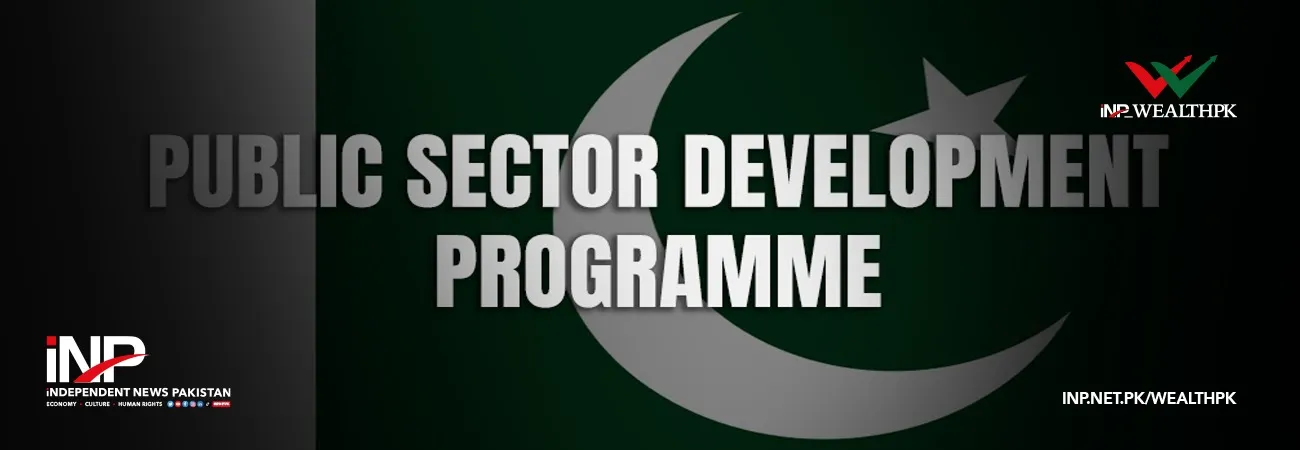INP-WealthPk
Fozia Azam
Experts have identified climate diplomacy, green energy initiatives and decoupling political differences from climate change as the primary agents to resolve the climate crises. These conclusions were drawn by experts during the concluding session of an international conference titled “Regional Cooperation on Climate Change in South Asia” organized by the Institute of Strategic Studies Islamabad (ISSI). Director of ISSI Aizaz Ahmad Chaudhry during his speech called for extra efforts to resolve the climate crises. He said that COP-27 did a lot of good work in assessing the damages to Pakistan after the recent floods but these efforts were not enough, adding that more needs to be done.
He called for synchronizing the efforts of the regional countries to meet the risk of climate change. He called climate change a non-traditional challenge which needs a non-traditional response. Ambassador Kakakhel said that South Asia was the most vulnerable region in the world to the climate threat as evidenced by the reports of UN Inter-governmental Panel on Climate Change (IPCC). He lamented the non-application of agreements made under the umbrella of SAARC to fight climate change. He said that lack of political will on part of regional governments was the single biggest hindrance to the effective application of these agreements.
Dr Philipp Johannes Zehmisch from the South Asia Institute of the University of Heidelberg identified the lack of funds as one of the main impediments to fighting climate change. He said that Pakistan also had limited revenues and therefore it could not fight climate change to its full capacity. He highlighted the importance of collective action on part of regional governments to fight climate change. He said, “the scope of climate change is very broad and wide. It encompasses all areas from disaster-relief to mitigation.”
Associate Director of TERI, Delhi, Dr Shailly Kedia said, “it is crucial to separate political divisions from the problem of climate change to address this issue in the region, which calls for climate diplomacy and a paradigm-shift away from governments toward people.” According to WWF’s Director of Governance and Policy Ali Tauqeer Sheikh, leaders in South Asia had the capacity to create such programmes to address climate challenges, but their implementation was hampered by a lack of enough funding.
He added, “climate diplomacy can help in the implementation of action plans developed through negotiations between various stakeholders.” Executive Director of Civil Society Coalition for Climate Change Aisha Khan said that the compensation agreed to by the parties during the COP-27 was not enough. She said that more funds need to be forwarded to help the efforts of mitigation and adaptation. She stressed the need to follow the principle of equity while discussing climate finance.
During the session on transition toward greener economy, Advisor from the Ministry of Planning Imran Khalid said that developed economies were consistently looking the other way when it came to fighting climate change effectively. He said that the global north had built inequity and inequality into the system, thus hampering every effort to fight it productively.
Dr Reza-ur-Rahman of the Institute of Water and Flood Management said that if recourse to traditional methods of development is made, climate change can be fought successfully. He said that the current paradigm of development was inherently ill-suited to fight climate change. While giving the concluding address at the conference, Ambassador Khalid Mahmood said that in future, development should be discussed and pursued keeping in view the needs of sustainability and environmental protection.
Credit : Independent News Pakistan-WealthPk













